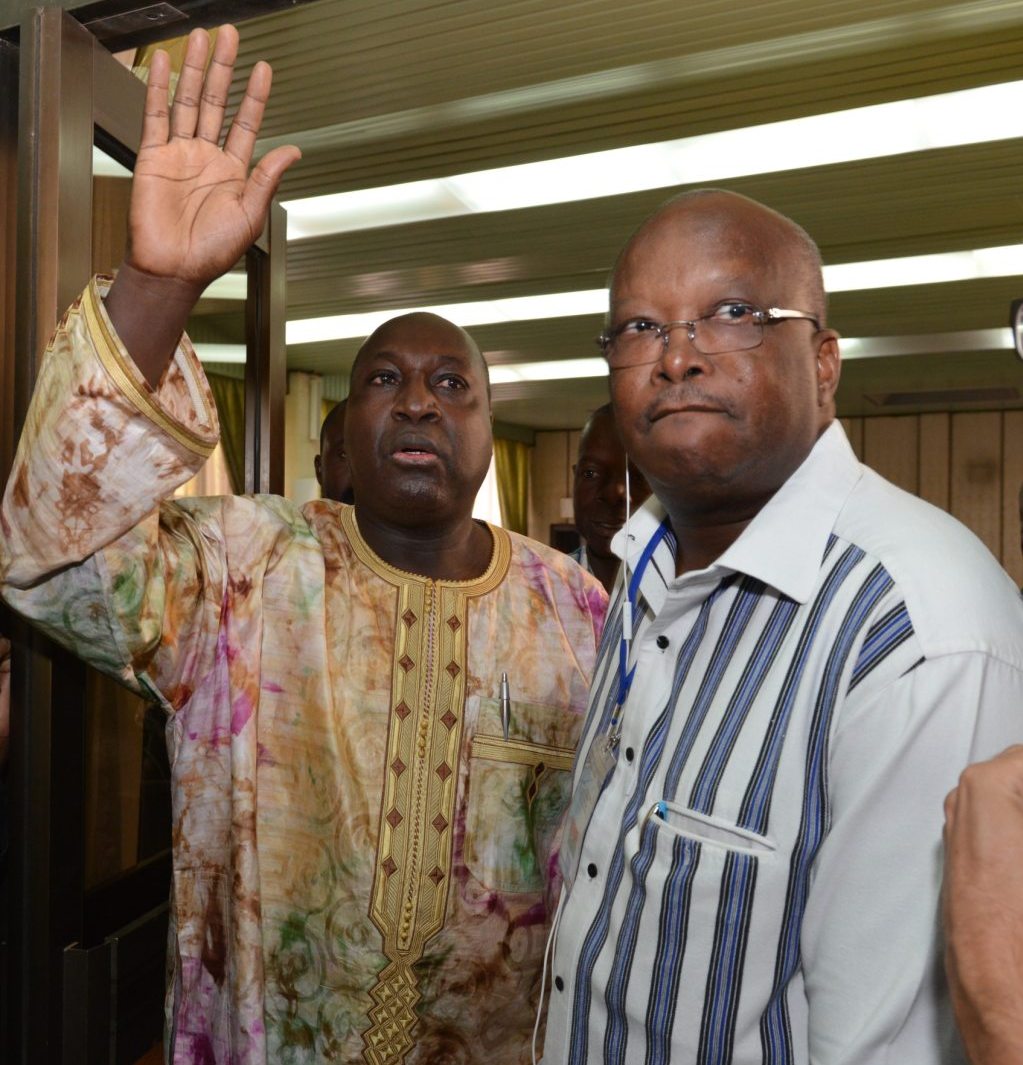Burkina Faso talks end with agreement on plan for return to civilian rule
Opposition parties, civil society groups and religious leaders adopted a plan on Sunday for a transitional authority to guide Burkina Faso to elections, after a popular uprising forced longtime president Blaise Compaore from power. The document calls for the creation of a 90-member transitional parliament with 10 military representatives, 40 from the opposition and 30 from civil society. The remaining 10 seats will be allocated to other parties, including Compaore’s former political allies, which did not take part in the talks. An interim government is proposed, whose 25 members will not be permitted to stand in presidential and legislative elections expected to take place late next year.
It’s a text that seems to unite everyone. Now the sticking point is the choice of the man who will preside over the transition.
Roch Marc Christian Kabore, head of Burkina Faso’s opposition People’s Movement for Progress party
The plan, which will be presented to interim head of state Isaac Zida this week, also calls for the creation of a special college to choose a transitional president who will prepare for the elections next year. The body would include seven members from the military, 15 each from the political parties and civil society, and eight religious and traditional leaders. The 54-nation African Union on Monday gave the military a two-week deadline to return power to civilians or face punishment. The United States said last week it had not decided if the military takeover constituted a coup, a distinction that would lead to an automatic suspension of military aid to one of the West’s key allies against Islamist groups in the region.

Africa burkina faso